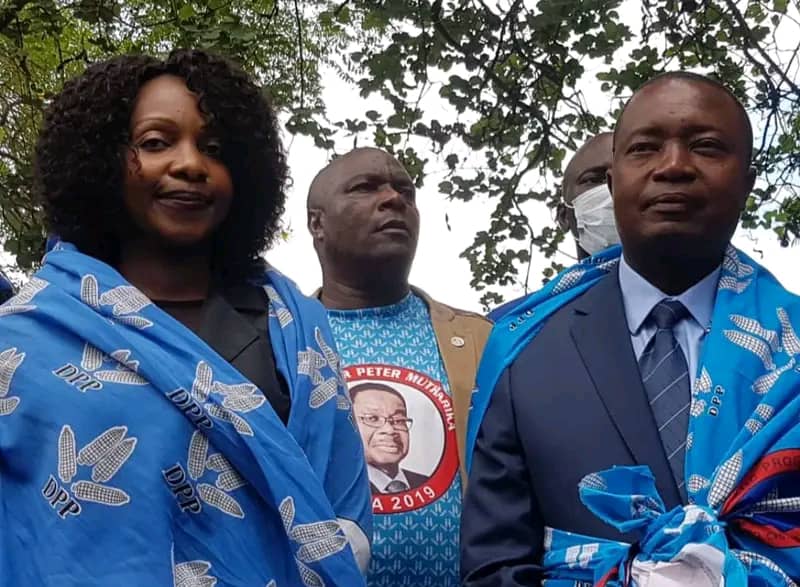By Burnett Munthali
Malawi’s political landscape is once again under scrutiny following recent claims made on Bakili Muluzi TV, a popular social media page. The post alleges that certain individuals, notably Billy Malata and Ken Msonda, are receiving financial support from a powerful business figure in the agricultural sector—referred to as the “Nandolo Boss”—to fund social media influencers and shape political narratives. This has sparked intense debate about the extent to which money and external forces influence Malawi’s political parties, particularly the UTM Party.
One of the most serious claims in the post is that UTM has been “bought” using funds from Leston Mulli, a well-known businessman with strong political connections. This allegation suggests that UTM, once an independent political entity, has fallen under the control of powerful business interests, raising concerns about the autonomy and integrity of its leadership.
If true, this revelation would indicate that financial backers, rather than democratic processes, are determining leadership roles within UTM. The post questions how an individual can join a party and, within just two months, ascend to its leadership—implying that monetary influence rather than party loyalty or meritocracy is driving political appointments.
Additionally, it is alleged that figures who previously had no alignment with Saulos Chilima have now taken control of the party, leveraging financial power and the support of opportunistic individuals within the party structure. This claim suggests that UTM’s original vision and leadership have been compromised by external actors seeking political influence through financial muscle.
Social media has become a key battleground for political influence in Malawi, with sponsored narratives, paid commentators, and propaganda shaping public opinion. The claim that social media influencers are being paid to push certain political agendas raises concerns about the integrity of online political discourse.
If political parties or business figures can financially control public narratives through social media, it undermines genuine democratic engagement. Citizens may struggle to distinguish between authentic political commentary and paid propaganda, leading to a distorted public perception of political events.
Furthermore, such practices discourage independent political analysis, as individuals and organizations engaging in truthful discussions may find their voices drowned out by well-funded misinformation campaigns.
The post warns that Malawians should not allow “puppets” to govern the country—referring to individuals who ascend to power not through democratic means but as proxies for business moguls and external financiers.
The concern is that leaders who rise through financial influence rather than public support will prioritize the interests of their sponsors over national interests. This would mean policies and decisions would be influenced by business and elite interests, rather than addressing pressing issues like poverty, unemployment, and economic development.
If the claims are accurate, then the independence of UTM as a political party is in jeopardy, and it may no longer serve its original purpose. Instead of being a party that represents progressive ideas and reforms, it could become a tool for those with financial power to push their own agendas.
The politicization of financial power poses significant threats to Malawi’s democracy. If political parties are easily influenced by wealthy individuals, it means:
1) Leadership roles can be bought, rather than earned through service and loyalty.
2) Instead of serving the people, parties become tools for the business elite.
3) Citizens may feel disillusioned if they believe their leaders are controlled by hidden financial interests.
4) With paid influencers dominating political discussions, genuine political engagement suffers.
To restore public confidence in Malawi’s democracy, political parties must:
Firstly, ensure transparent leadership selection – Party leadership must be earned through democratic elections, not dictated by financial backers.
Secondly, reduce external financial influence – Parties should have clear policies on fundraising and political donations to prevent undue influence.
Thirdly, promote honest political discourse – Social media platforms should be used for open and fair political debates, rather than as tools for paid propaganda.
Fourthly, strengthen political accountability – Leaders must be held accountable to their party members and the public, rather than business elites.
The allegations raised on Bakili Muluzi TV highlight deep concerns about political integrity and financial influence in Malawi. If money continues to dictate leadership and if social media is weaponized for political control, the essence of democracy will be lost. Malawians must remain vigilant and demand accountability from their leaders to ensure that politics remains about serving the people, not private business interests.





